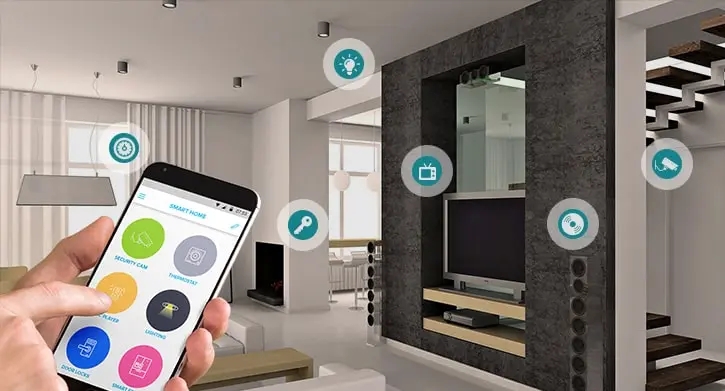Innovation Oasis: Real Estate in Tech Hub Cities
The convergence of technology and urban development has given rise to the concept of Tech Hub cities, where innovation thrives and real estate markets evolve to meet the demands of a tech-savvy population. Let’s explore the dynamics of real estate in these innovation oases and understand why they have become focal points for both businesses and residents.
The Rise of Tech Hub Cities
Tech Hub cities, often synonymous with innovation clusters, have emerged as epicenters of technological advancements. Cities like San Francisco, Seattle, and Austin have become synonymous with groundbreaking technologies, startups, and global tech giants. The influx of tech companies has not only transformed the economic landscape but has also significantly impacted the real estate sector.
High Demand for Commercial Spaces
In Tech Hub cities, the demand for commercial spaces is insatiable. Tech companies, both established corporations and startups, are in constant competition for prime office locations. The need for collaborative work environments, state-of-the-art facilities, and proximity to other innovative businesses has reshaped the commercial real estate landscape in these cities.
Residential Real Estate Boom
The tech-driven economy has fueled a residential real estate boom in Tech Hub cities. Highly skilled professionals and entrepreneurs are drawn to these hubs, creating a surge in demand for housing. Real estate developers respond by creating high-end condominiums, modern apartments, and luxurious homes to cater to the preferences of the tech-savvy population.
Impact on Affordability
While the boom in real estate is a sign of economic prosperity, it has also led to challenges related to affordability. The demand for housing in Tech Hub cities often outpaces supply, leading to rising property values and rental costs. This affordability challenge raises questions about the inclusivity of these innovation oases and the need for sustainable urban development practices.
Smart Infrastructure and Connectivity
Tech Hub cities prioritize smart infrastructure and connectivity. Real estate developments are integrated with cutting-edge technologies, including smart home systems, efficient public transportation, and high-speed internet. These features cater to the preferences of tech professionals who prioritize connectivity and digital amenities in their daily lives.
Adaptive Reuse and Redevelopment
In response to the dynamic nature of the tech industry, Tech Hub cities often witness adaptive reuse and redevelopment projects. Old warehouses and industrial spaces are transformed into modern offices and residential lofts, creating a unique blend of historical charm and contemporary functionality. This approach to urban development reflects the adaptive nature of these innovation-driven cities.
Urban Revitalization
The influx of tech companies has contributed to the revitalization of urban areas in Tech Hub cities. Neglected neighborhoods undergo transformation, with new businesses, cultural hubs, and green spaces emerging. This urban revitalization not only enhances the aesthetic appeal of the city but also creates vibrant communities that attract both residents and businesses.
Challenges in Urban Planning
Tech Hub cities face unique challenges in urban planning. Balancing the need for tech-centric infrastructure with preserving the cultural and historical identity of the city requires thoughtful planning. Zoning regulations, transportation systems, and green spaces become critical considerations to ensure sustainable growth and a high quality of life.
Investment Opportunities for Real Estate
Investors keen on real estate opportunities often turn their attention to Tech Hub cities. The potential for high returns, driven by the constant demand for commercial and residential properties, makes these cities attractive investment destinations. However, navigating the competitive landscape and understanding the nuances of the tech industry’s influence on real estate is essential for success.
Navigating the Future of Tech Hub Real Estate
To explore more about the dynamics of real estate in Tech Hub cities, visit BreakingWrestlingNews.com. Gain insights into investment opportunities, urban development trends, and the ever-evolving landscape of real estate in these innovation oases.
In conclusion, Tech Hub cities represent innovation oases where the intersection of technology and urban development creates a unique real estate landscape. As these cities continue to evolve, the challenges and opportunities in the real estate sector provide a fascinating glimpse into the future of urban living in the digital age.











